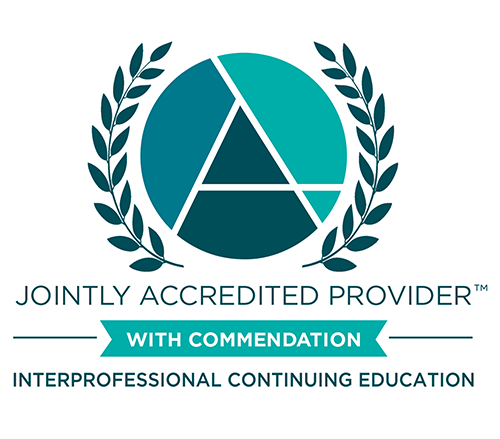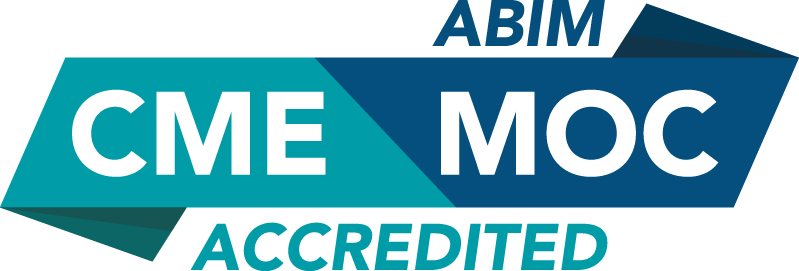Preventing Healthcare Associated Infections: What Does It Really Take? - Aurora Pop-Vicas, MD, MPH
Intended Audience
MD, DO, Specific Physician Specialists, RN, APRN, LPN, Specific RN Specialists, Pharmacists, Pharmacy Technicians, Physician Assistants, Psychologists, Social Workers, Medical Students , Nurse Practitioners, Patients/Caregivers
Learning Objectives
As a result of participation in this online course, learners will be able to:
- Provide an example of healthcare associated infection that has been successfully prevented within the last decade.
- Illustrate a regulatory (legislative) strategy used to drive national reductions in healthcare associated infections.
- Describe implementation strategies that can be used at the local hospital or department level to prevent healthcare associated infections.
FACULTY DISCLOSURE
It is the policy of the University of Wisconsin–Madison ICEP that the faculty, authors, planners, and other persons who may influence content of this CE activity disclose all relevant financial relationships with commercial interests* in order to allow CE staff to identify and resolve any potential conflicts of interest. Faculty must also disclose any planned discussions of unlabeled/unapproved uses of drugs or devices during the educational activity. For this educational activity all conflicts of interests have been resolved and detailed disclosures are listed below:
Aurora Pop-Vicas, MD, MPH: No relevant relationships to disclose in regard to this activity.
Click here to view planning committee disclosures.
* The ACCME defines a commercial interest as any entity producing, marketing, re-selling, or distributing health care goods or services consumed by, or used on, patients. The ACCME does not consider providers of clinical service directly to patients to be commercial interests.
Disclosure of Unlabeled Use: The University of Wisconsin–Madison ICEP advises the participant that this continuing medical education activity does NOT contain reference(s) to unlabeled or unapproved uses of drugs or devices.
Accreditation Statement
 | In support of improving patient care, the University of Wisconsin–Madison ICEP is jointly accredited by the Accreditation Council for Continuing Medical Education (ACCME), the Accreditation Council for Pharmacy Education (ACPE), and the American Nurses Credentialing Center (ANCC) to provide continuing education for the healthcare team. |
Credit Designation Statements
American Board of Internal Medicine
 | Successful completion of this CME activity, which includes participation in the evaluation component, enables the participant to earn up to 1.0 Medical Knowledge MOC points in the American Board of Internal Medicine's (ABIM) Maintenance of Certification (MOC) program. Participants will earn MOC points equivalent to the amount of CME credits claimed for the activity. It is the CME activity provider's responsibility to submit participant completion information to ACCME for the purpose of granting ABIM MOC credit. Participant completion information will be shared with the ABIM through PARS. By recording your attendance at this event, you are giving UW-ICEP permission to share this information with ABIM. |
American Medical Association
The University of Wisconsin–Madison ICEP designates this enduring activity for a maximum of 1.0 AMA PRA Category 1 Credits™. Physicians should claim only the credit commensurate with the extent of their participation in the activity.
American Nurses Credentialing Center (ANCC)
The University of Wisconsin–Madison ICEP designates this enduring activity for a maximum of 1 ANCC contact hour.
Continuing Education Units
The University of Wisconsin–Madison, as a member of the University Continuing Education Association (UCEA), authorizes this program for .01 continuing education units (CEUs) or 1 hour.
Available Credit
- 1.00 MOC: ABIM Medical Knowledge Points (Part II)
- 1.00 AMA PRA Category 1 Credit™
- 1.00 ANCC Contact Hours
- 1.00 University of Wisconsin–Madison Continuing Education Hours
Required Hardware/software
Free, current version of Internet Explorer, Firefox, Safari, or Chrome with audio. Some older browsers and Microsoft Edge could produce error messages or not display the content correctly.
Current Adobe Acrobat Reader, or other PDF viewer.

 Facebook
Facebook X
X LinkedIn
LinkedIn Forward
Forward